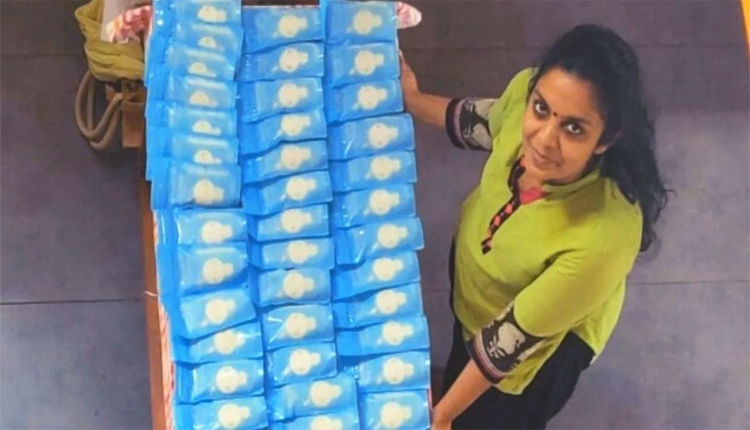Indian badminton star Jwala Gutta, recently blessed with motherhood after multiple failed IVF attempts, has taken a remarkable step that’s inspiring thousands across the country.
Following the birth of her daughter, Gutta found herself producing more breast milk than her child required. Instead of wasting it, Gutta opted to donate it to the Amritam Foundation, thereby contributing to the survival of numerous newborns in need.
So far, Gutta has donated nearly 30 litres of breast milk, a gesture she shared on social media, stating that her milk is not just for her daughter but also for infants fighting for survival. Her act has sparked widespread discussion about breast milk donation — its rules, eligibility, and the infrastructure supporting it in India.
Who Can Donate Breast Milk?
Not every woman is eligible to donate breast milk. According to health guidelines:
Only mothers who produce excess milk after meeting their child’s nutritional needs can donate.
Donors must undergo medical screening to ensure they are free from infections like HIV, hepatitis, or other serious illnesses.
On average, a mother can donate 25–30 millilitres per day, which is sufficient for one infant’s daily requirement.
How Is Donated Milk Stored and Used?
The process is highly regulated:
Milk is extracted using sterilised pumps and collected at human milk banks or hospitals.
It is pasteurised and stored at -20°C, making it usable for up to six months.
The milk is then provided to NICU-admitted infants, especially those whose mothers are unable to breastfeed due to medical complications or premature birth.
Importantly, breast milk can only be donated through authorised milk banks or hospitals, ensuring safety and quality control.
India’s Milk Bank Infrastructure
India’s first official human milk bank was established in 1989 at Sion Hospital, Mumbai. Today, there are around 100 milk banks across the country. However, experts believe this number is insufficient given the demand and call for increased awareness and expansion of milk bank facilities.
Globally, the first milk bank was set up in Vienna in 1909, and the concept has since evolved into a life-saving initiative for infants worldwide.
Jwala Gutta’s contribution has not only highlighted the importance of breast milk donation but also opened up conversations around maternal health, neonatal care, and the need for more robust infrastructure to support such noble acts.



Comments are closed.